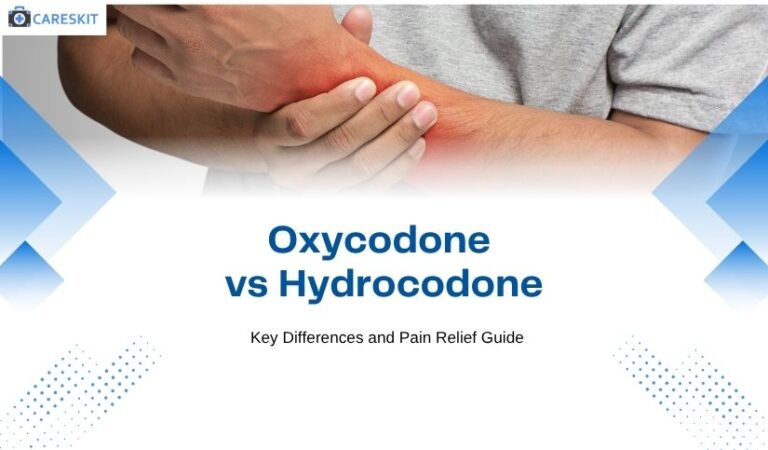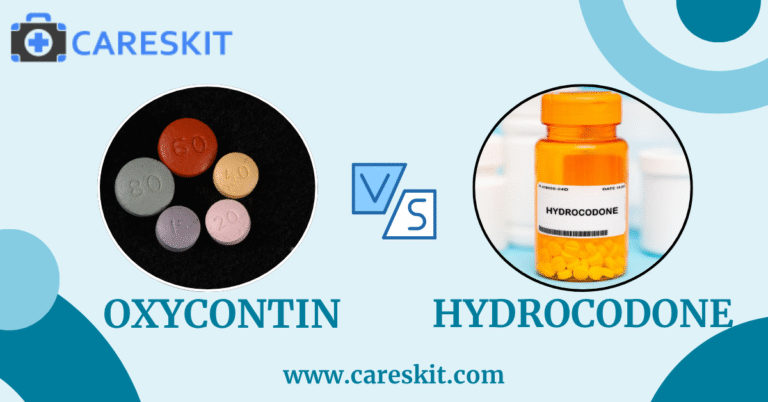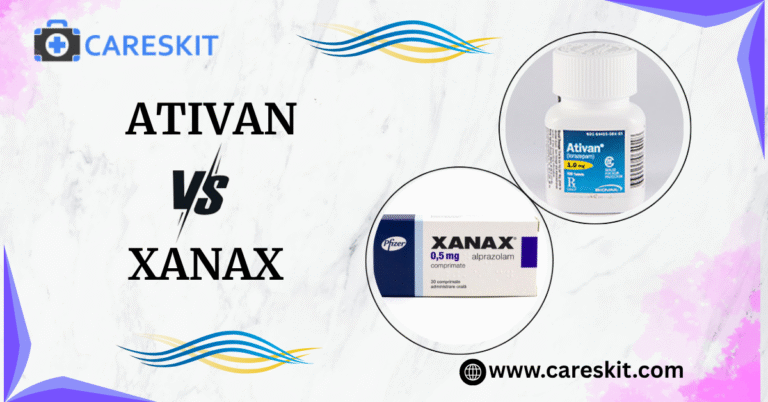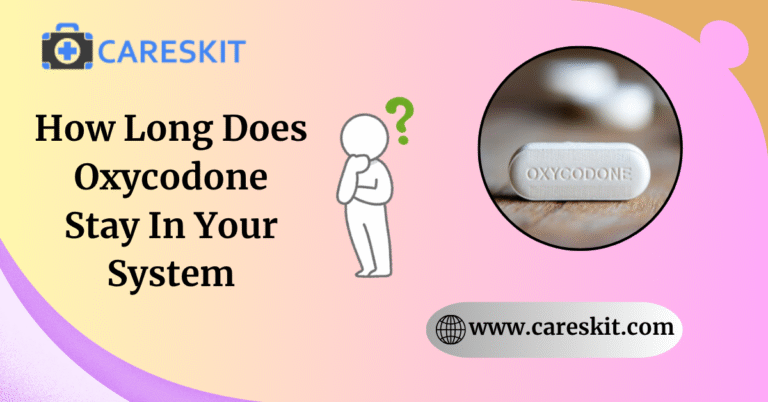Obsessive Compulsive Disorder: Professional OCD Treatment
In medical terms, Obsessive Compulsive Disorder (OCD) is a long-term, chronic mental disorder that is characterized by unwanted, intrusive thoughts (obsessions) and repetitive actions (compulsions). Both obsessions and compulsions have direct effects on functioning in day-to-day life, interpersonal relationships, and quality of life. Therefore, the individual with OCD can have intrusive, gratifying thoughts, while compulsions may be recurring acts or mental acts they perform to reduce anxiety.
In this article, we will discuss what the symptoms of obsessive-compulsive disorder are, how to treat obsessive-compulsive disorder, and which medication is indicated to treat it. If you have questions after reading this article, then contact your healthcare provider or psychiatrist.
What is Obsessive-Compulsive Disorder (OCD)
Obsessive-compulsive disorder is a psychological disorder caused by intrusive thoughts and stereotypical behaviors or mental acts performed to reduce anxiety. OCD may be found in individuals of all ages, ranging from children to adolescents and adults. OCD is characterized by two distinct features. Such as obsession-based and compulsion-based. Let’s discuss these below:
- Obsessions are defined as intrusive and unwanted thoughts that produce severe distress or anxiety. Oftentimes, these mental disorders are irrational, but the afflicted person feels and is compelled to act overwhelmingly. Common forms of obsessions include fears of contamination, fear of harming others, fear of making mistakes, and fears of violating moral or religious rules.
- Compulsion is a persistent behavior or frame of mind to which the individual feels compelled to act, usually in response to an obsessive image, thought, or urge that is distressing to the individual. The behaviors are usually excessive and require emergency care.
Types of Obsessive-Compulsive Disorder (OCD)
There are many different ways that OCD may appear. Some typical forms of OCD include
- Contamination OCD: fear of becoming dirty or sick
- Checking OCD: going back to check multiple times things like locks, appliances, or one’s health
- Symmetry OCD: needing something to be perfectly lined up or symmetrical
- Harm OCD: fear of hurting oneself or others.
- Religious or Moral OCD (Scrupulosity): obsessive concern with right and wrong.
Symptoms Of OCD (Obsessive-Compulsive Disorder)
How do I know I have OCD? When a person has OCD, he/she can detect the symptoms of OCD or through clinical treatment. Obsessive-compulsive disorder is a chronic mental disease that is marked by the presence of obsessions and/or compulsions. Below, some key OCD symptoms are given:
Obsession (Intrusive Thought)
Obsessions are intrusive ideas, images, or impulses that cause great distress or anxiety. Typical themes are listed below:
- Contamination fears (e.g., germs, dirt, illness)
- Symmetry and order (e.g., needing things “just right”)
- Religious or moral obsessions (e.g., blasphemous thoughts)
- Sexual or violent intrusive thoughts (e.g., disturbing mental images)
Compulsion (repetitive behavior or mental state)
Compulsions are repetitive activities or mental acts that a person must perform to reduce anxiety. The most common compulsions are
- Checking (e.g., locks, appliances, emails)
- Counting or repeating words silently
- Arranging objects until they feel “just right.”
- Mental rituals (e.g., praying, neutralising bad thoughts)
Causes of Obsessive-Compulsive Disorder
Medical specialists continue their studies on the precise cause of obsessive-compulsive disorder, yet the underlying cause is still unknown. But the specialists propose that it is the interaction of biological, psychological, and environmental factors that might cause it.
Risk factors may include:
Genetic Factor: Some evidence suggests that obsessive-compulsive disorder (OCD) may have a genetic component. The disorder has been found to run in families, which means you might have a higher risk of developing OCD if you have a family member (e.g., a parent or sibling) with OCD.
Brain Structure and Function: Neuroimaging studies indicate that variations in the locations of the orbitofrontal cortex, anterior cingulate cortex, and basal ganglia are possible factors related to OCD.
Environmental Factors: Some people may develop OCD in response to traumatic life events, such as an abusive situation or the death of a significant other. Stressful situations and major life adjustments can exacerbate symptoms as well.
Personality Traits: Studies show that those children who exhibit more introverted behaviors, negative emotions, and symptoms of depression and anxiety are likely to have a higher propensity to develop OCD in adulthood.
Effective Treatment for Obsessive-Compulsive Disorder
Obsessive-compulsive disorder is a treatable illness. Getting adequate treatment for OCD is very important because it can greatly affect a person’s daily functioning and quality of life. Proper treatment for OCD can help reduce symptoms, decrease impairment of daily functioning, and lower the risk of developing additional mental health issues. It can restore quality of life and help a person achieve personal and professional goals.
The following best treatments are given below:
Cognitive Behavioral Therapy (CBT)
Cognitive behavioral therapy (CBT) is the optimal treatment for OCD. It assists the person to recognize and replace unhelpful habits of thought and behavior. It’s particularly useful for mental illnesses such as anxiety, depression, PTSD, and obsessive-compulsive disorder (OCD).
Best Medication for ocd
The most frequently prescribed form of antidepressant medication to manage OCD is selective serotonin reuptake inhibitors (SSRIs). Approximately 70% of individuals with OCD notice some improvement from medication, with the rate of symptom reduction ranging from 40% to 60%. The following are the most regularly prescribed and FDA-approved ones:
- Fluoxetine (Prozac)
- Fluvoxamine (Luvox)
- Sertraline (Zoloft)
- Paroxetine (Paxil)
- Clomipramine (Anafranil)
Combining Therapy and Medication
For severe to moderate OCD, a combination of medication and CBT (particularly ERP) has proven to work best. This combined treatment addresses both psychological and biological aspects of the condition. Two professionals—a psychiatrist and a therapist—in collaboration can develop a treatment schedule that adapts to the needs of the individual over time.
Lifestyle and Support
Supportive lifestyle changes can complement medical treatment:
- Mindfulness and meditation to reduce anxiety
- Regular exercise to regulate mood
- Healthy sleep habits
- Support groups to share experiences and coping strategies
- Psychoeducation for patients and family members
Frequently Asked Questions (FAQ)
How is OCD diagnosed?
A mental health professional diagnoses OCD after a complete clinical interview, such as a review of symptoms and their impact on daily functioning. Diagnostic criteria are provided in the Diagnostic and Statistical Manual of Mental Disorders (DSM-5).
Is OCD linked to other mental health conditions?
Yes, obsessive-compulsive disorder (OCD) is frequently associated with other mental health illnesses. Most individuals with OCD have comorbid disorders, and this makes diagnosis and treatment more challenging. They frequently present with such associated conditions as
- Depression
- Generalized Anxiety Disorder (GAD)
- Tics or Tourette syndrome
- Body Dysmorphic Disorder (BDD)
- Eating disorders
How long does OCD treatment last?
The duration of obsessive-compulsive disorder treatment can vary depending on the patient’s health condition, the type of treatment received, and the response of the individual. Some therapies, like CBT and ERP, require 12 to 20 weeks to demonstrate their positive effects in individuals, whereas some medications, like SSRIs, can take 6 to 12 weeks to demonstrate their effects.
Final Thoughts
Obsessive-Compulsive Disorder (OCD) is a complicated but controllable disease. With evidence-based therapies such as CBT and medication, the vast majority of individuals with OCD can minimize their symptoms and enhance the quality of their lives. Greater awareness, correct diagnosis, and empathetic support are critical to enabling individuals with OCD to reach their full potential.





